The Charity Impact Showcase is an opportunity to find out more about the research being undertaken across Bournemouth University with charities and third sector agencies.
The showcase will take place on Monday the 13th of May and run from 10am until 12 noon in Kimmeridge House, Talbot Campus, room K101.
Academic staff and post-graduate researchers are openly invited to the event to discover the innovative research taking place at BU and to learn about how to develop their own research with the help of charities. Attendees will also have the opportunity to network with other researchers as well as national and international charities to spark the possible future research collaboration.

The event will host a wide array of research tables, each dressed and accompanied by research academics from a variety of faculties, including Media and Communications (FMC), Science and Technology (SciTech), Management (FM) and Health and Social Science (HSS).
Dr Fiona Cownie, from FMC, and Professor Lee-Ann Fenge, of HSS, will be facilitating the event while presenting their own research. Professor Fenge is excited about event’s possibility for research fusion with attending charities.
“Colleagues from across all faculties will be sharing their research and it is an opportunity to informally discuss their projects whilst exploring ways of developing research with some amazing and willing charities.”
Some examples of attending academics include Professor Edwin van Teijlingen (HSS) who will be discussing his research in Nepal highlighting charities he has worked with there. From FMC, Dr Anna Feigenbaum will showcase info-graphics and invite participants to engage with developed board-games which relate to her charity involved research. Also from FMC, Dr Joyce Costello will talk about her work with two charities and showcase her published book ‘Public Service Motivation and Civic Engagement’.
Though not able to attend, Professor Michael Silk has provided a new video and a fresh look into the daily reality for Brazilian sex workers who are affected by major sporting events. This video will be shown throughout the event. Professor Silk’s project, ‘Sexual Spaces’, has collaborated with multiple charities (as listed in the video credits below) and is an excellent example of research partnership leading to real world impact.
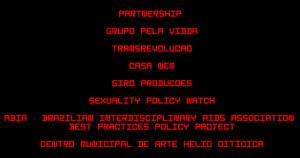
Project ‘Sexual Spaces’ – ‘O que você não vê/What you don’t see ‘ video credits
It is also encouraged that you to please invite academic staff and post-graduate researchers to the event. We hope to see you there.
If you have any queries about attending the event, or you would like to showcase your own research, please email Connor Tracy at ctracy@bournemouth.ac.uk

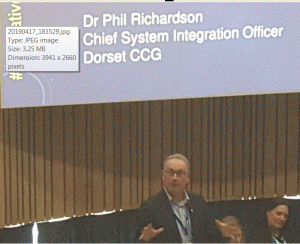

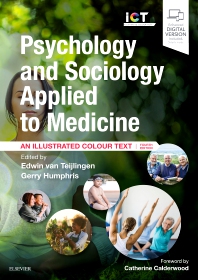
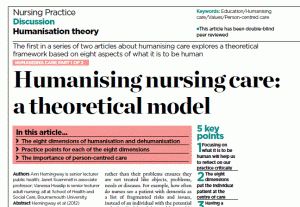
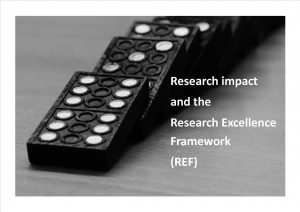

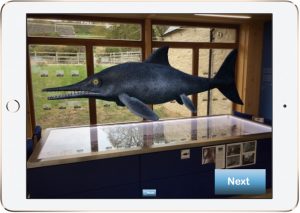


 If you would like your research to have a real impact on policy decisions at a national level, you may want to book onto Achieving Policy Impact in the UK Parliament – a special workshop run by Sarah Foxen of the Parliamentary Office for Science and Technology (POST), the UK parliament’s knowledge exchange unit.
If you would like your research to have a real impact on policy decisions at a national level, you may want to book onto Achieving Policy Impact in the UK Parliament – a special workshop run by Sarah Foxen of the Parliamentary Office for Science and Technology (POST), the UK parliament’s knowledge exchange unit.


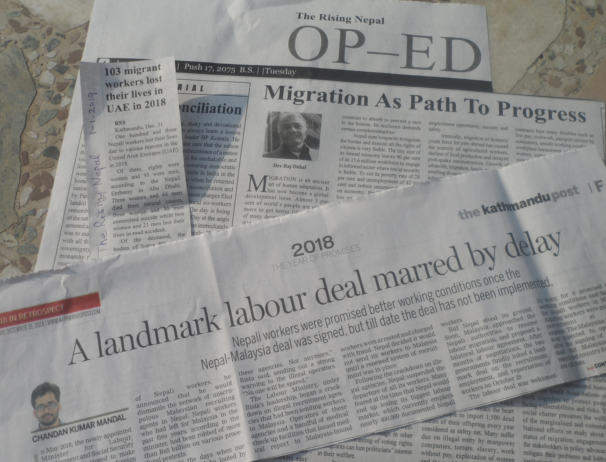

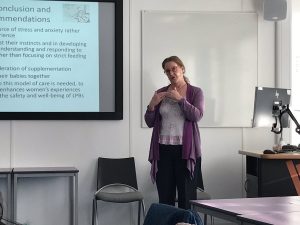
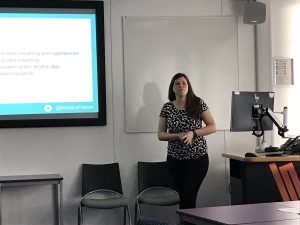
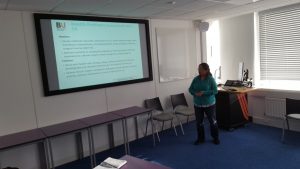
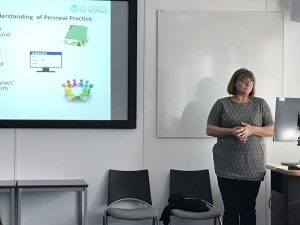












 Beyond Academia: Exploring Career Options for Early Career Researchers – Online Workshop
Beyond Academia: Exploring Career Options for Early Career Researchers – Online Workshop UKCGE Recognised Research Supervision Programme: Deadline Approaching
UKCGE Recognised Research Supervision Programme: Deadline Approaching SPROUT: From Sustainable Research to Sustainable Research Lives
SPROUT: From Sustainable Research to Sustainable Research Lives BRIAN upgrade and new look
BRIAN upgrade and new look Seeing the fruits of your labour in Bangladesh
Seeing the fruits of your labour in Bangladesh ECR Funding Open Call: Research Culture & Community Grant – Apply now
ECR Funding Open Call: Research Culture & Community Grant – Apply now ECR Funding Open Call: Research Culture & Community Grant – Application Deadline Friday 12 December
ECR Funding Open Call: Research Culture & Community Grant – Application Deadline Friday 12 December MSCA Postdoctoral Fellowships 2025 Call
MSCA Postdoctoral Fellowships 2025 Call ERC Advanced Grant 2025 Webinar
ERC Advanced Grant 2025 Webinar Update on UKRO services
Update on UKRO services European research project exploring use of ‘virtual twins’ to better manage metabolic associated fatty liver disease
European research project exploring use of ‘virtual twins’ to better manage metabolic associated fatty liver disease